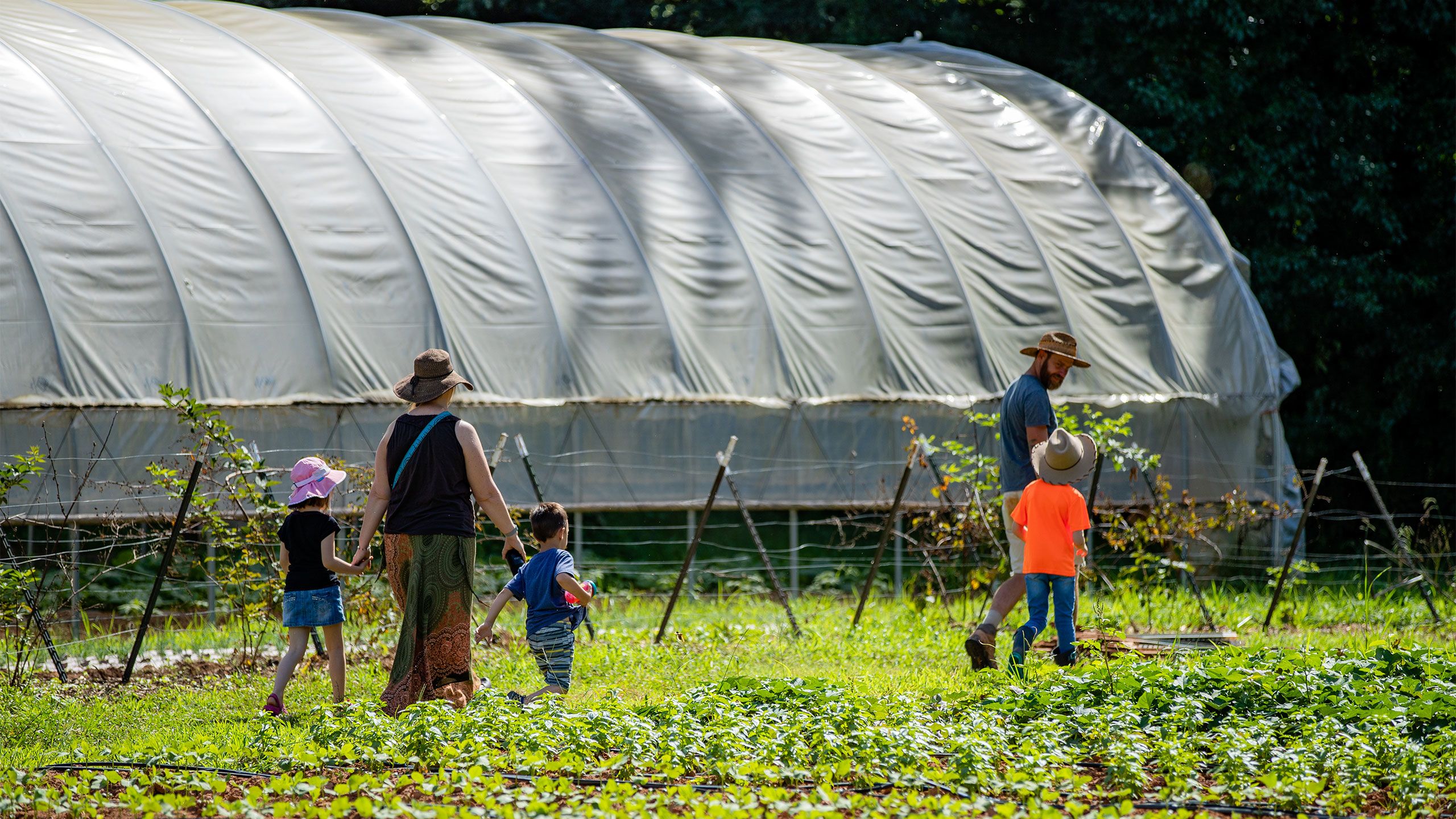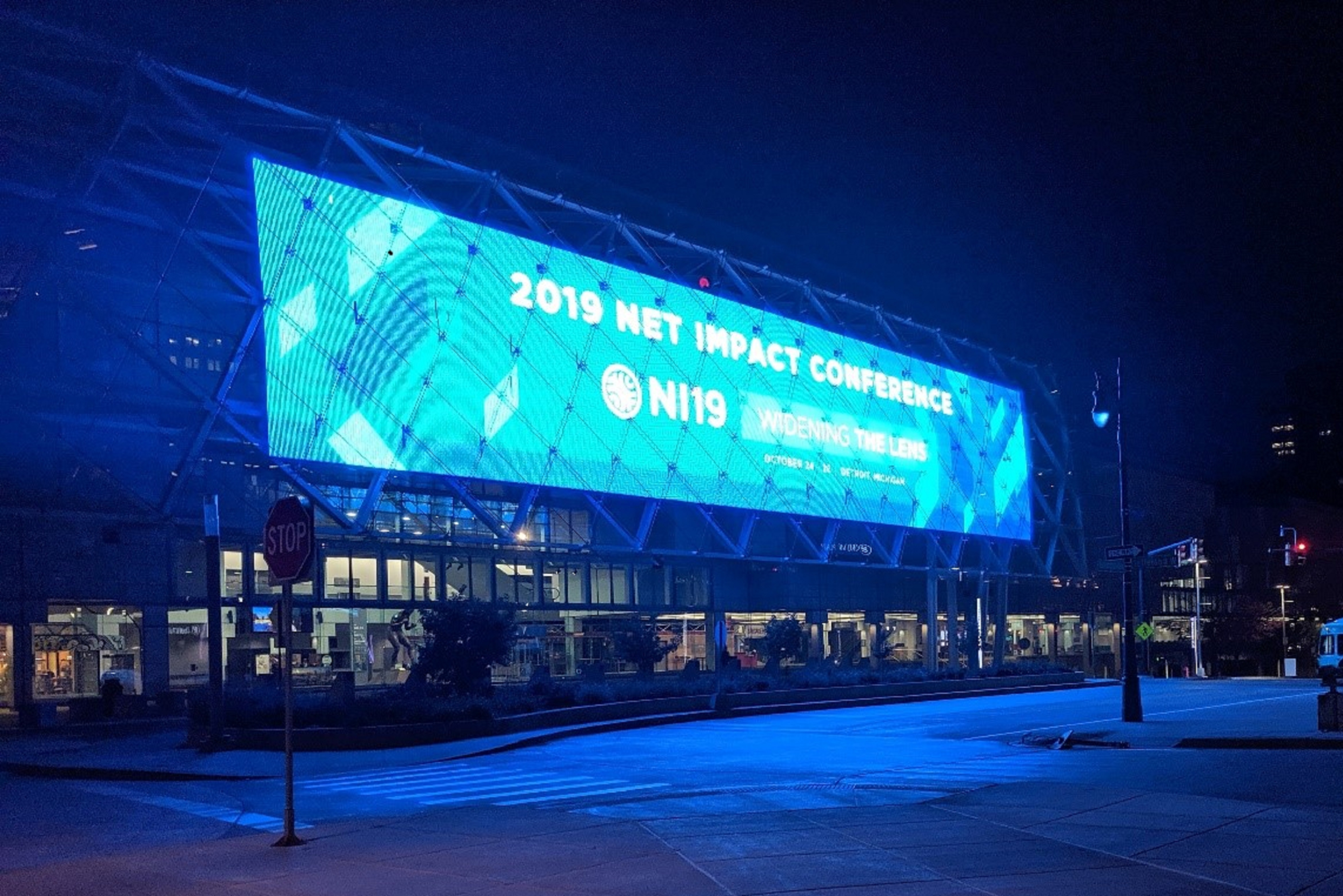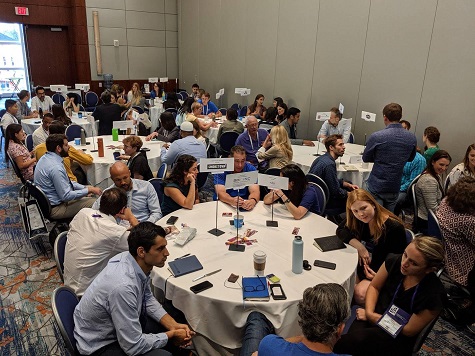By: Aayush Gupta (22C)
December 18, 2019
EIIG has a mission of working with entrepreneurs who have little to no prior business experience and frequently lack the skills necessary to start and grow a company of their own.
The organization provides microloans ranging between $5,000 and $10,000 at low interest rates to entrepreneurs who undergo a rigorous evaluation process conducted by both students and faculty advisors.
Perhaps more critical than the capital, however, are the services that EIIG provides to the entrepreneurs, providing consulting services during the three year loan repayment period. Simply possessing the resources is not enough – it is essential for entrepreneurs to be able to effectively use the capital and resources at hand for the benefit of the business.
When asked about dealing with the challenges and fears of starting a new business from scratch at a recent EIIG panel, Nicole Massiah, founder of Massiah Law & Associates, said that you should be “trusting your gut, and spending time with yourself and realizing whether this is the right thing for you to do.” One must have a deep passion for the business to be able to pursue the highly demanding and often frustrating avenues of success, or it may be difficult to find the motivation to continue.
When talking about his motivations for starting SHWAXX, Kevin Rodgers said that the most important part of his business, for his personal self, was “to serve” the community around him, and focus on the “impact” part of “impact investing.” He aims to reciprocate the support shown to him by society by providing them with products catered to their needs. Improving his products based customer feedback became one of the central pillars of his business model.
Akissi Stokes, founder of WUNDERgrubs, had some profound insight to share with her peer entrepreneurs. “Keep yourself true to what you said the company was going to be.” She further added, “Planning is very important; utilizing the pool of resources, be it capital, people, or having a business plan or marketing strategy, you need to have a plan to refer back to.”
These founders – Akissi, Kevin and Nicole – each faced barriers when starting their companies. But leveraging the ecosystem of Atlanta’s accelerators and the funding EIIG has provided them, they have each built businesses that are creating jobs and giving back to their communities.
Impact investing holds the potential to change thousands of lives. These entrepreneurs show the dedication and passion they have for their cause, and their potential for growth when provided the necessary resources and capital.
This is part two in a series on student-led impact investing. For part one, see Atlanta Entrepreneurs Discuss the Benefits of Impact Investing at Emory University.
# # #
Run by Emory undergraduate students, Emory Impact Investing Group (EIIG) provides microloans and financial consulting services to Atlanta entrepreneurs to unlock the full economic potential of traditionally high poverty areas by increasing the number of successful small businesses. EIIG is currently fundraising $40,000 by December 31; if you’d like to contribute, please visit their website.



 Avi Scher
Avi Scher